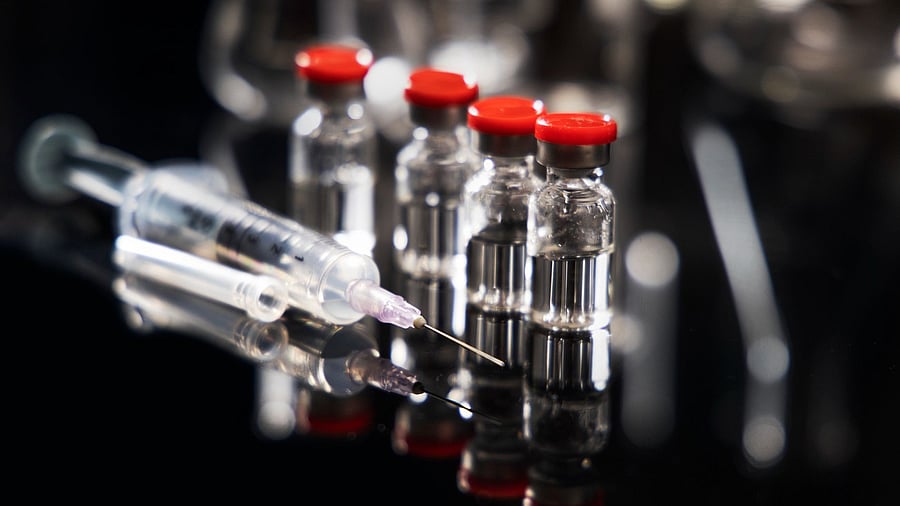
Representative image for drug trials.
Credit: iStock
Ahmedabad: In his early 20s, Ramesh (name changed) wanted to escape the confines of a lab in Ahmedabad district, where he had volunteered for a drug trial for Rs11,000. He recalled that halfway through the test, fear gripped him after he was confined to a windowless room with no one to talk to. “I had never seen anything like that before. I was so scared and wanted to leave, but they didn’t allow me,” he said. Ramesh received only half the promised amount and was told to return for the remaining tests to get the balance. He went back, completed the formalities, and collected the rest of the payment. “Since then, I haven’t gone back, but they keep calling me almost every day. I still get their messages and even after blocking them, they somehow pop up,” he said.
Similarly, a husband-and-wife duo in their late 50s, who have been volunteering for drug trials for over two decades, said that the companies never disclose what kind of drugs are being tested on them. “When we enter the lab, they give us a form (consent) in Gujarati, which we can understand. But in the next stage, everything is in English and we don’t understand a word of it. They just take our thumb impression,” they told DH.
“They don’t treat us well once the tests begin,” the wife added. “There have been instances when women participants were told to leave in the middle of the night, even though these labs are located on the outskirts of Ahmedabad. They never follow up once the tests are done. No checks on how we are doing or whether we have any health issues or not,” they said.
The aforementioned volunteers are among those who have recorded their statement to the police, which are investigating allegations of unethical and criminal lapses by two Ahmedabad-based leading clinical research organisations (CRO). These firms are reported to be conducting drug trials for nearly all major pharmaceutical companies in state and across the country, as well as several global firms.
In its primary investigation, the Ahmedabad police's Detection of Crime Branch (DCB) has found "serious lapses and shortcomings" in the trials and "inadequate regard for established ethical safeguards" by these two firms. The report reveals that hundreds of volunteers were allegedly subjected to "repeated studies" and in some instances an individual underwent over 20 times without medical care.
The police have stated in the report that conduct of these two firms have violated many guidelines prescribed by Indian Council of Medical Research and Good Clinical Practice which mandate the companies to fully inform the volunteers about the nature, purpose, and risks of the clinical trial in a language they understand before giving consent.
The DCB started the primary investigation following information saying that some people were involved in "soliciting and transporting people for clinical trials in Ahmedabad." The investigation found at least two agents who were allegedly ferrying people in groups for the trials "without explaining side effects, written consent," among others.
The probe claims that the employees of these two firms and agents would target people from certain sections and "lured" them with financial benefits upto Rs20,000 or even more. It was found that these volunteers were never explained about the details of the studies or drugs being tested on them.
The New Drugs and Clinical Trials Rules (NDCT) don't have any legal provision for agents. The probe also found that these firms were using software without any government license or approval. It says that the "unauthorised use of the software violates data protection principle and NDCT 2019 rules that require licensed systems" since such violation breaches confidentiality and illegal trade of personal health data. This, the probe mentions, is a criminal act under Bharatiya Nyaya Sanhita.
While the DCB awaits nod for formally lodging an FIR, Ahmedabad Municipal Corporation (AMC) has sent the report dated September 22 to Food and Drug Control Administration (FDCA) asking for taking appropriate action. However, the FDCA is yet to respond.